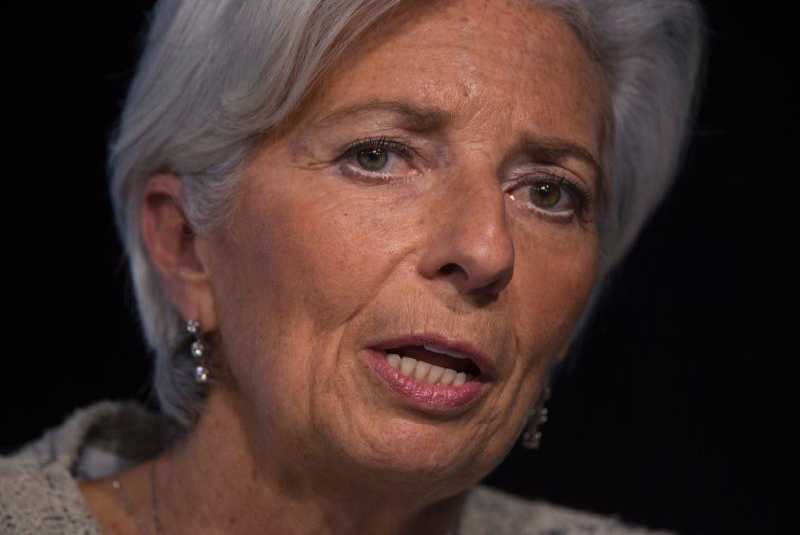×
The Standard e-Paper
Kenya’s Boldest Voice

IMF Managing Director Christine Lagarde speaks during a press conference on "Joint Action Against Tax Fraud and Money Laundering-Transparency at the Global Level," during the IMF and World Bank Group 2016 Spring Meetings in Washington, DC. [AFP PHOTO / MOLLY RILEY]
The deal that Kenya signed with the IMF in 2013 in order for the country to enjoy the fund’s credit facilities entailed doing away with tax exemptions in order to increase revenues, reduce budgetary deficits and ultimately reduce foreign debt.







